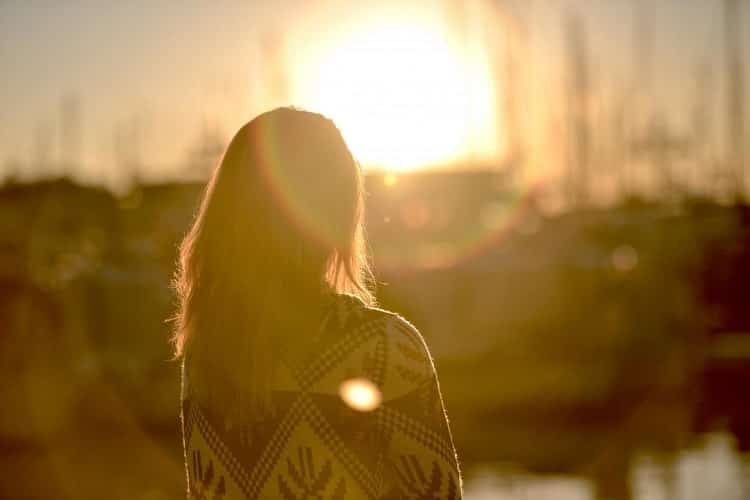One of the most popular COVID-19 related claims currently circulating the internet is the idea that you can disinfect your skin, clothing or other objects with the sun.
So is this an effective way to protect yourself from Covid-19?
And is it true that since “the new coronavirus hates the sun”, sunshine will kill it, as some social media sources claim..
A simple answer would be: NO.
Keep reading to learn more as we share what the experts have to say about this.
Experts suggest, only levels of UV light much higher than in sunlight can kill viruses, and these levels can cause irritation to human skin and should be avoided.
Pokrath Hansasuta, assistant professor of virology at Chulalongkorn University, explained to AFP Fact Check.
“Ultraviolet is able to kill COVID-19 if it is exposed to the concentrated UV ray in a certain amount of time and distance,” she said.
“However, that level of UV exposure is harmful to human’s skin. Most likely, it will be in the light bulb or lamp as the natural UV from the sun is not strong enough to kill it.”
The World Health Organization has also advised the public not to use UV light to kill the virus.
Neither sunlight nor UV light is listed as a preventive measure on the websites of the WHO or the U.S. Centers for Disease Control and Prevention.
There is some evidence to suggest the spread of the virus may slow down as the weather gets warmer. That may lead some to incorrectly suggest sunlight as a way to disinfect materials and surfaces.
Nancy Messonnier, director of the CDC’s National Center for Immunization and Respiratory Diseases, shares
“I think it’s premature to assume that, we haven’t been through even a single year with this pathogen.”
There is no evidence proving sunlight kills the coronavirus. Only highly concentrated UV rays are reported to kill viruses, and the World Health Organization advises against using UV rays because they can damage skin.
There’s only one type of UV that can reliably inactivate Covid-19 – and it’s extremely dangerous.
“You would literally be frying people,” says Dan Arnold, an official from the UV Light Technology, a company that provides disinfecting equipment to hospitals, pharmaceutical companies and food manufacturers across the UK.
Sunlight contains three types of UV:
- UVA, which makes up the vast majority of the ultraviolet radiation reaching the Earth’s surface. It’s capable of penetrating deep into the skin.
- UVB, which can damage the DNA in our skin, leading to sunburn and damage.
- UVC. Shorter, Stronger wavelength of light. It destroys genetic material – whether in humans or viral particles. Luckily, it’s filtered out by ozone in the atmosphere long before it reaches us.
Artificially produced UVC has become an important method of sterilisation in hospitals. It’s also used in the process of sanitising water; some parasites are resistant to chemical disinfectants such as chlorine, so it provides an effective solution.
Though there hasn’t been any research looking at how UVC affects Covid-19 specifically, studies have shown that it can be used against other coronaviruses, such as SARS.
As a result, a concentrated form of UVC is now being used in China where public buses are being sterilized using these. Globally, banks have even been using the light to disinfect their money.
But incomplete information is always risky.
UVC is extremely dangerous– you shouldn’t be exposed to it.
“UVC is really nasty stuff – you shouldn’t be exposed to it,” says an expert. “It can take hours to get sunburn from UVB, but with UVC it takes seconds.”
To use UVC safely, you need specialist equipment and training. The World Health Organization (WHO) has issued a stern warning against common usage of UVC light.
So does Sunshine work?
Would UVA or UVB be effective? And if so, does this mean you can disinfect things by leaving them out in the sun?
The short answer: possibly – but you wouldn’t want to rely on it.
Sunlight might help to disinfect surfaces – but it may take longer than you’d think.
The problem is we don’t know how long, at least until we know more about this virus and more research is done.
No one knows how long it takes to deactivate Covid-19 with sunlight, or what strength is needed. And even if they did, the amount of UV in sunlight varies depending on the time of day, the weather, the season, and where in the world you live – especially which latitude – so this wouldn’t be a reliable way to kill the virus.

